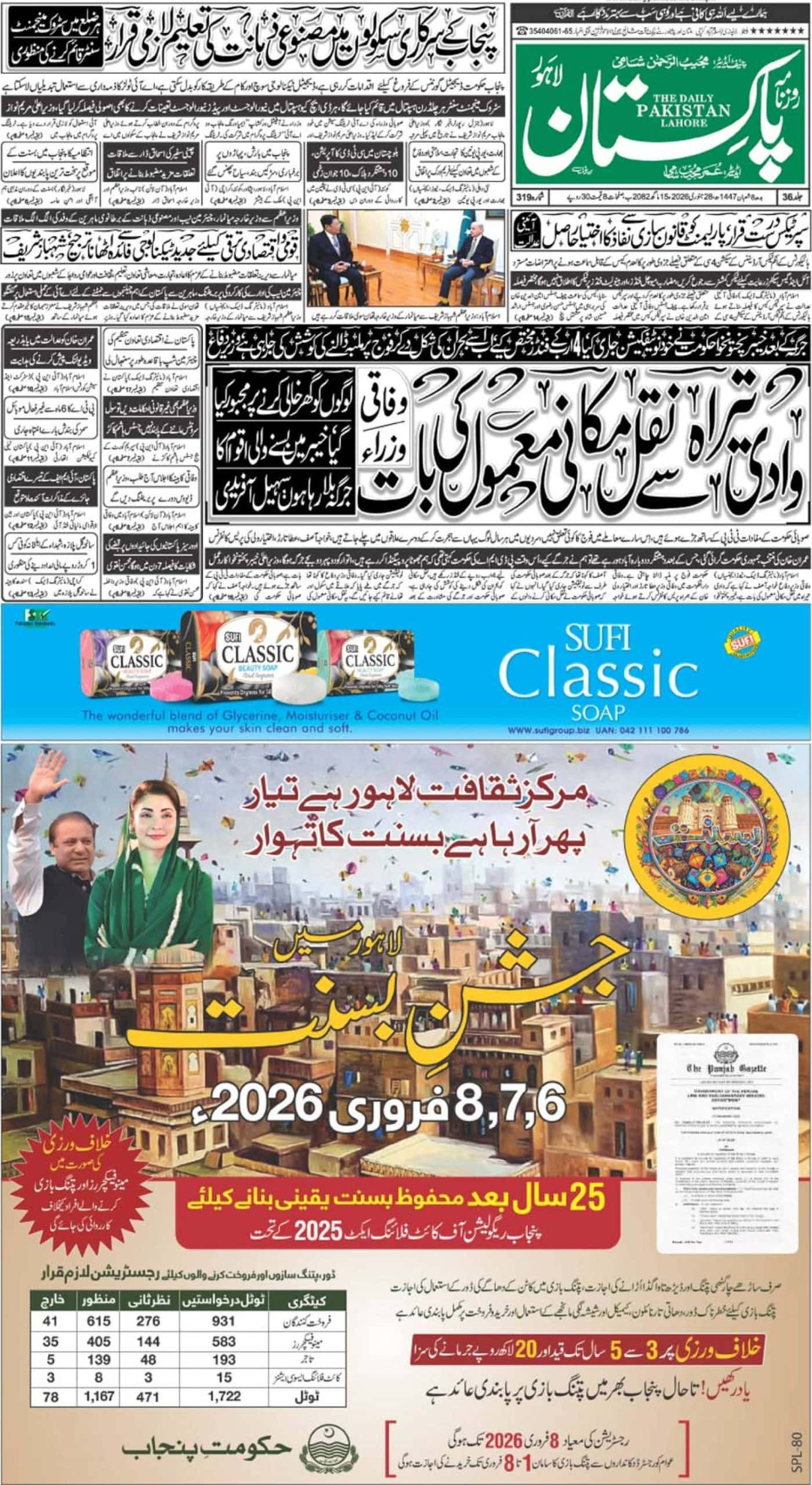Picking the low-hanging fruit (on which duties may also have increased), the amended finance bill read in the National Assembly today increased taxes on the existing tax base, while allowing non-filers to redeploy their untaxed capital into the real estate, or automobile markets. Instead of capital finding its way to more productive areas, it will be rerouted to pump up the real estate market, which has had a dearth of liquidity lately.
An unchecked flow of such untaxed capital in real estate market fueling appreciation across the board is counter intuitive to the vision of providing affordable housing. The pipedream of expanding tax net shall remain a dream, as the policy of incumbent government seems to be taxing the already taxed, rather than expanding the net to bring in more tax payers.
Such a regressive tax regime de-motivates the existing tax payer, disincentivising the whole process of filing taxes, and declaring assets, and income. If a penalty of an additional 0.3 percent Withholding Tax is all that separates a filer, and non-filer, then why would the latter bother with filing taxes.
A contractionary fiscal policy seems to be the order of the day. Slashing development projects by PKR 250 billion, an increase in taxes, as well as duties on more than 5,000 supposedly luxury items exhibit an attempt at managing deficits, rather than growth. With monetary tightening already in progress, increase in energy prices, and eventual second-round effects of inflation, we may see GDP growth reduced by a couple of percentage points in the years to come.
Saving the day was a step towards universal healthcare through introduction of health insurance for low-income groups in Punjab, on the lines of Sehat Insaf Cards, which provides medical coverage in KPK and FATA. An increase in benefits for pensioners, majority of which are vulnerable to economic shocks is also a sound decision.
A rollback of restrictions on non-filers, and increased burden on filers clearly illustrates the policy direction the government wants to take. Widening of tax net does not seem to be on the agenda anymore, as it may not serve interests of those at the helm. Cartels, landed elite, and traders, have often directed policy over the last many years, but this time around there was an expectation that a principled stance would be taken. Such expectations got a swift reality check.














